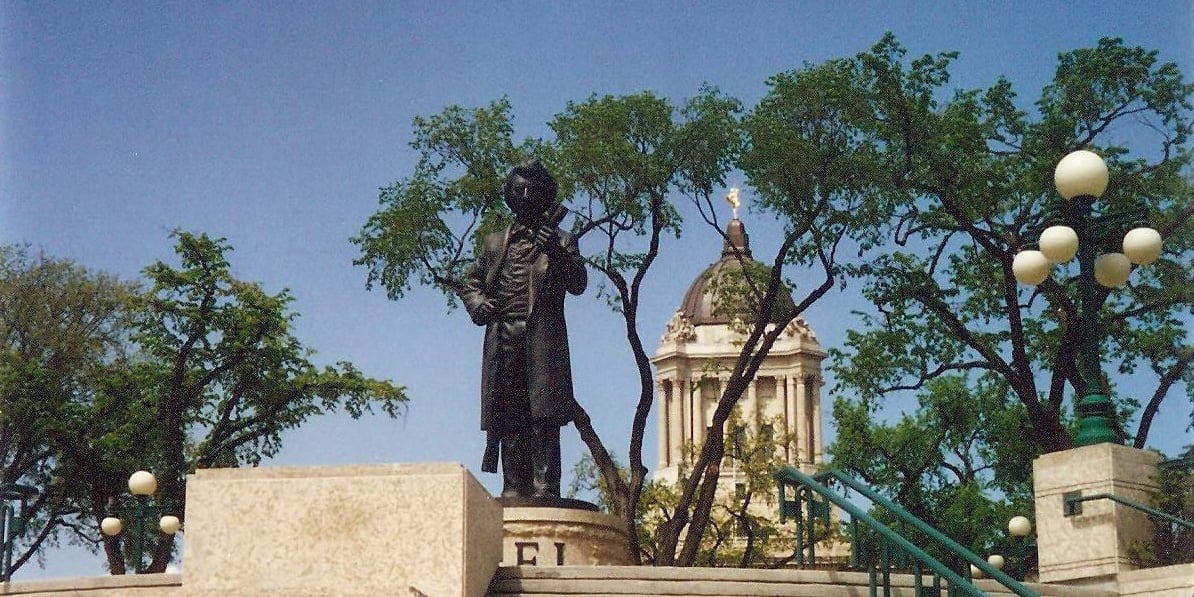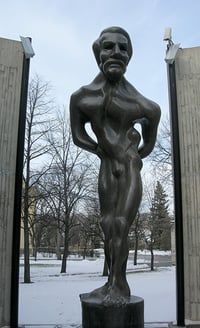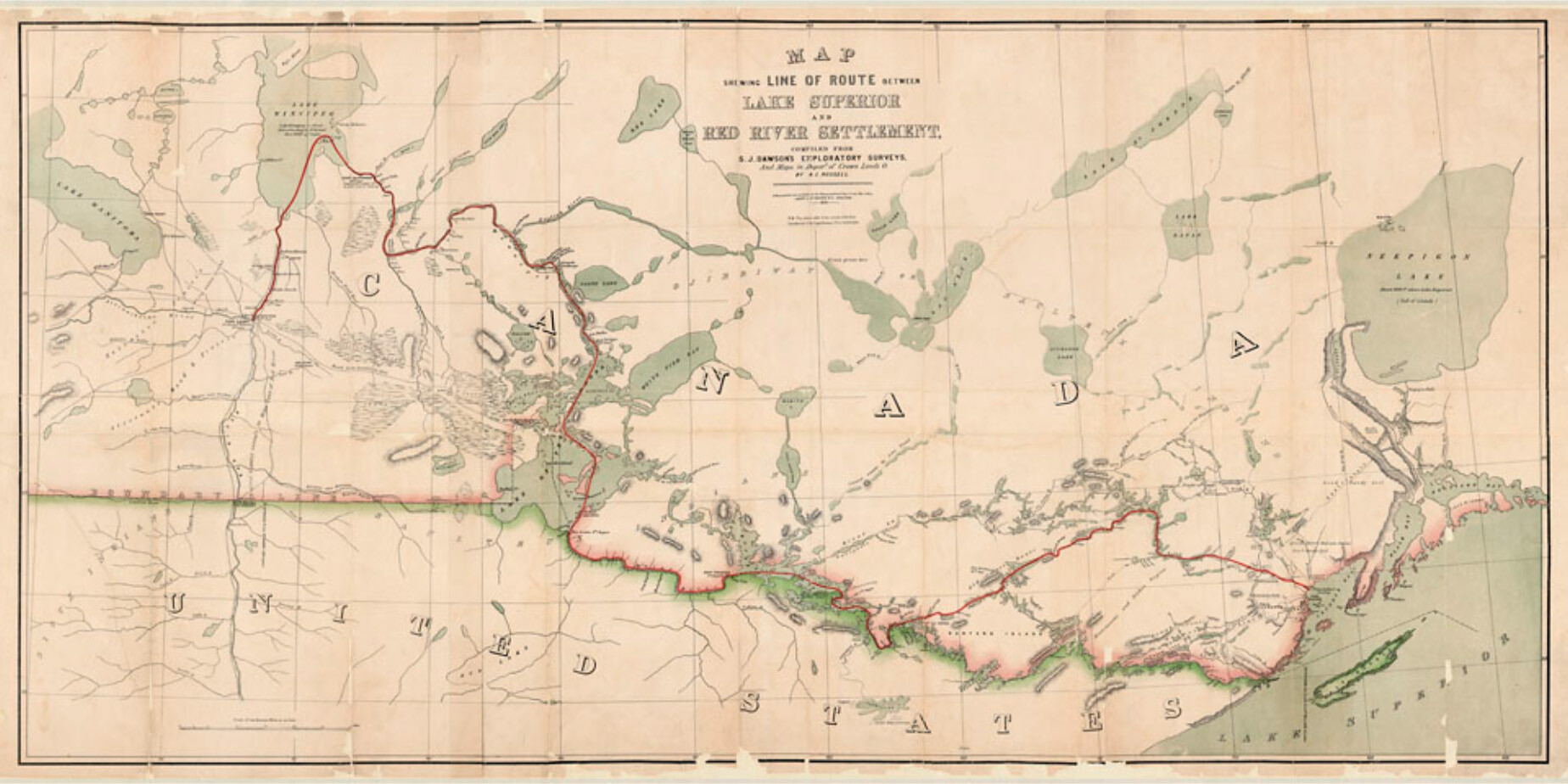Jamie Wilson Commissioner Treaty Relations Commission of Manitoba
James B. (Jamie) Wilson, B.A., U.S.T.C., M.Ed. is the Commissioner, Treaty Relations Commission of Manitoba In an Opaskwayak Cree Nation family...
2 min read
Bob Joseph February 19, 2013

In Manitoba, Louis Riel Day is the third Monday in February and is a provincial holiday (first celebrated in 2008) - this date does not coincide with a memorable event in the life of this most controversial of Canada’s historical figures. The date was chosen to break up the long period between New Year’s Day and Good Friday, and the name of the holiday was chosen in a competition amongst school children.
Elsewhere in Canada, Louis Riel Day is observed on or around November 16, the anniversary of his execution, but it is not an official holiday.

The duality of the celebration of the man is in keeping with how he is treated in history - he just doesn’t fit neatly into a category. Was he a hero? A traitor? A Messiah for the Métis People? A villain? A contributor to confederation? He has been called these and many others. There are even two statues showing him in divergent lights - one, on the Manitoba Legislative grounds, shows him as a statesman (1966), looking out over the Assiniboine River and the other (1970), formerly on the Manitoba Legislative grounds but now on the grounds of the College Universitaire de Saint-Boniface, Winnipeg, depicts him as a naked, suffering soul.
His role as a leader and committed visionary for the Métis people was recognized by the government of Manitoba on November 3, 1995, with the enactment of the Louis Riel Institute Act:
Name
2(2) The name of the corporation is the "Louis Riel Institute" in recognition of
(a) the unique and historic role of Louis Riel as a founder of Manitoba and his contribution in the development of the Canadian Confederation; and
(b) the Métis people who were among the first citizens in Manitoba and who played a significant role in the founding and development of Manitoba and of the West.
Purpose of the Institute
3 The purpose of the Institute is to serve as a Métis educational and cultural institute that will
(a) promote the advancement of education and training for the Métis people in Manitoba; and
(b) foster an understanding and appreciation of the culture, heritage and history of Manitoba and of the Métis people in Manitoba for the benefit of all Manitobans.”
Manitoba Laws
What he is, without a doubt, is one of the most widely recognized historical figures in Canadian history, and continues to be a subject of much discussion and dissection. Riel’s vision and determination influence the Métis people of today to continue to thrive and grow in Canada.
With the passage of the British North America Act in 1867, Métis people were legally recognized as one of Canada’s Aboriginal Peoples but were not under the jurisdiction of the Indian Act. On January 8, 2013, the Federal Court ruled that the 200,000 Métis and 400,000 non-status Indians in Canada are indeed "Indians" under the Constitution Act (formerly the British North America Act) and as such, fall under federal jurisdiction. On February 6, 2013, the Government of Canada announced it was appealing the Federal Court ruling.
If Riel were alive today, what would he think of this situation?
Featured photo: Louis Riel statue in front of the Manitoba Legislative Assembly. Photo: Joe Passe, Flickr

James B. (Jamie) Wilson, B.A., U.S.T.C., M.Ed. is the Commissioner, Treaty Relations Commission of Manitoba In an Opaskwayak Cree Nation family...

The Northwest Rebellion of 1885 began with Louis Riel, Jr. returning with his wife, two small children and a few supporters to seize the church at...

In 1801, a group of Métis settled at the intersection of the Red and Assiniboine Rivers, where Winnipeg stands today. They were referred to as...